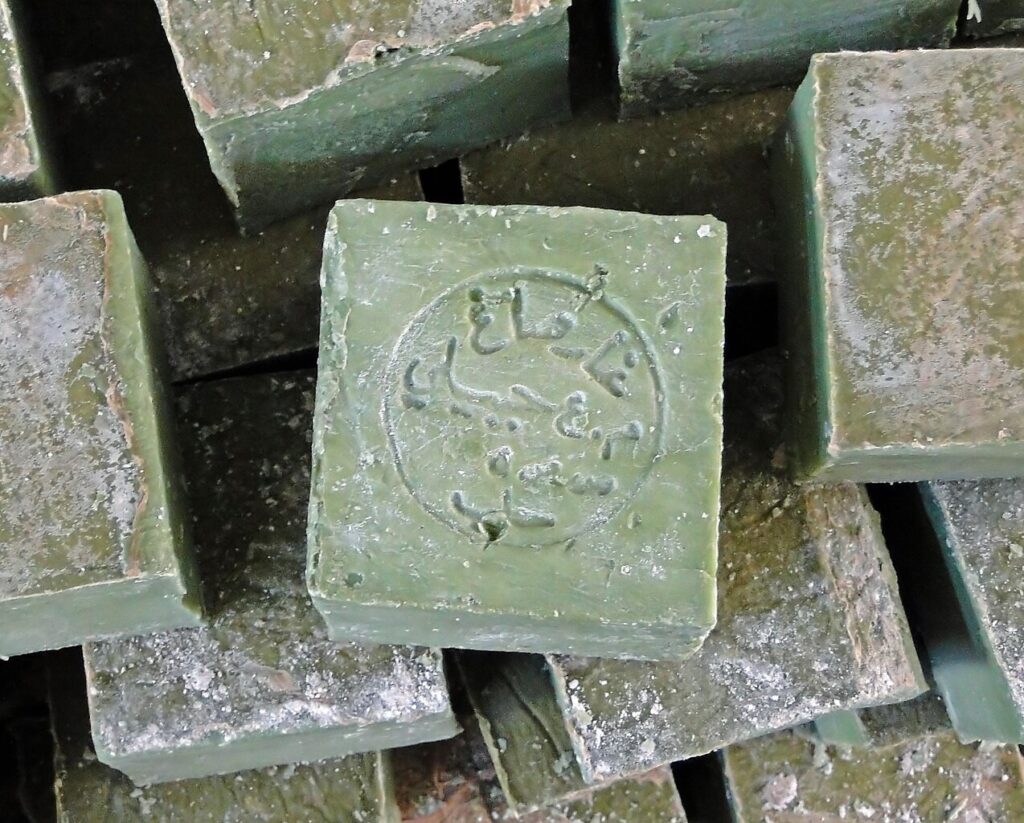One thing that’s vastly undermentioned when we look to the past is just how horrific everybody smelled. Just once, I’d like to see someone step out of a time machine in a movie and immediately retch from the fumes of streetside sewage and overwhelming body odor.
Maybe it’s because we’re so used to Hollywood period pieces with immaculately groomed people of the past that we don’t fully appreciate the poor hygiene back then. After all, nobody wants to watch the version of King Arthur where everyone’s teeth are barely usable corn kernels and they’re smeared with horseshit. Even weirder, the people that were the cleanest, like the Vikings, were the ones usually portrayed as filthy barbarians.
Thinking about this, though, put two questions in my brain. First, when exactly was some form of soap originally invented, and by who? Second, if it was as far back as I assumed, were there a bunch of otherwise forward-thinking organizations that just didn’t think it was worth the time? They were all too busy playing hoop and stick and working at the docks to scrub up when they got home?
The first record of soap, according to Judith Ridner, professor of history at Mississippi State University, comes from ancient Mesopotamia. The basic ingredients weren’t far off from the modern recipe that most people know from Fight Club, either. Rendered animal fat, water and lye or a lye equivalent alkaline substance. This was way back further than I expected, in the third millennium BCE, which should have been more than enough time for people to spend less of their lives smelling like the wrong end of a horse.
But these first soaps, though they were used for cleaning, weren’t used on human bodies. They were instead used to clean fibers before weaving.
In fact, it would take the absolutely gobsmacking span of another thousand years before people thought of using the soap that they cleaned their tools, clothes and other everyday items with on their actual skin. A cuneiform tablet found in what was then the Hittite city of Boghazkoi, and is now the Turkish city of Bogazkoy, has the first mention of people using soap to clean their skin. That didn’t, however, mean everybody stuck with soap from there on out. Greeks and Romans didn’t use soap to clean themselves, simply rinsing off in water baths and scraping stubborn scum off with scrapers called strigils, then — and I promise this isn’t a stereotypical joke — rubbing themselves down with scented olive oil.
There were also periods, like in the 16th to 18th century, when Europeans didn’t wash themselves because they were afraid it would make them sick. They didn’t have the most stellar understanding of bacteria, and they thought disease could be transmitted through water.
As for the Americas, when did actually using soap to, you know, clean yourself catch on? It was, weirdly, a result of the Civil War. Apparently, somebody in the Union had figured out the sanitary benefits, and pushed personal hygiene as part of the war effort. Once people started regularly cleaning themselves, they discovered what air that wasn’t suffused with sweat and shit smelled like and decided, hey, let’s stick with this. Soap for personal cleaning became a desirable item, and companies that are still around today like Ivory and Palmolive rose to fill the need.
Here’s one last fun fact: Even right now, you probably don’t use nearly as much soap as you think you do. A huge amount of modern “soaps” aren’t soap at all. They’re technically detergents. I guess “body detergent” is just a little too sci-fi to sell well.

